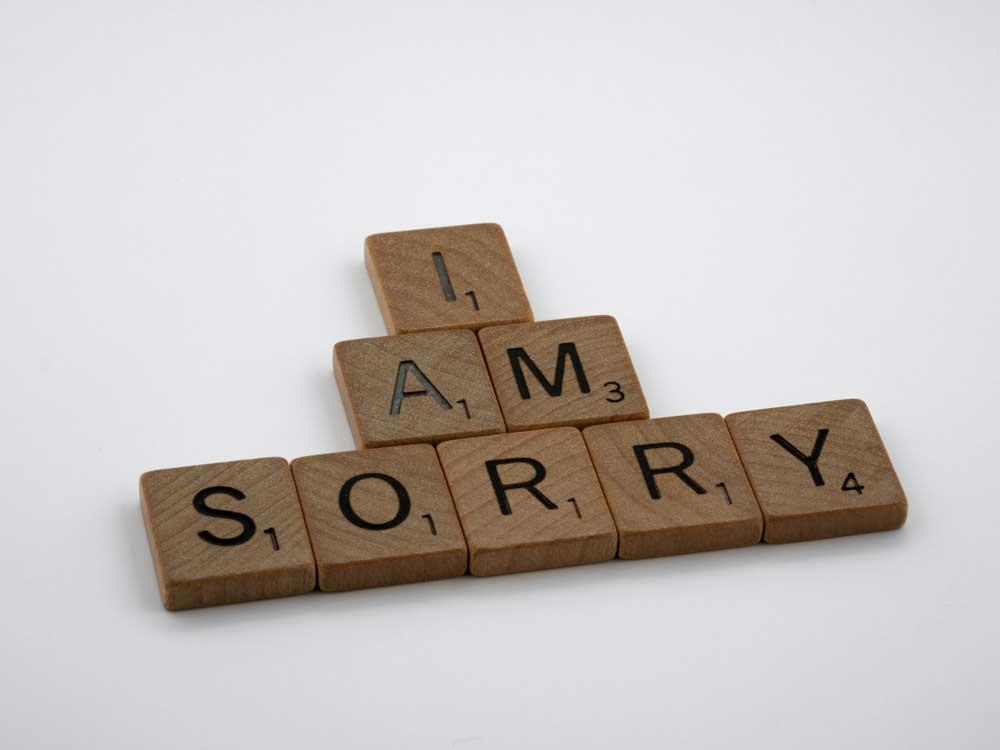How to apologize, according to a psychologist

It's never easy to admit you made a mistake and apologize, but it's important to do so to fix your relationship with other people.
When your sorry isn't heartfelt, though, when it overlooks the other person's feelings or worse, when it gaslights the other person, it may cause more harm than good.
To know how to properly say sorry and to take a step towards fixing your relationship with other people, psychologist Dr. Anna Tuazon laid down a few steps.
1. Acknowledge what you've done in concrete terms
If you're going to say sorry, you have acknowledge what you have done in concrete and factual terms, Dr. Tuazon said. This includes saying what you said and what you did.
"No broad or vague apologies," Dr. Tuazon told GMA News Online on Wednesday. "Certainly don't make blanket apologies."
This will allow the other person to feel ensured that you know exactly what you're saying sorry for.
"Sometimes, apologies are used in an invalidating way, when people apologize to simply STOP the conversation from continuing," Dr. Tuazon said.
"This prevents the aggrieved party from fully being heard," Dr. Tuazon continued.
2. Acknowledge the impact of your behavior
After acknowledging what you did, it's important to acknowledge the impact of your actions.
According to Dr. Tuazon, this can come in the form of admitting what your actions could've done. Saying something like "my words and actions have caused you to feel unsafe and unwelcomed" assures the other party that you completely understand where she's coming from.
"It is not simply about being offended or hurt. [You have to] understand WHY it hurts," Dr. Tuazon said.
3. Take responsibility
After you've acknowledged the harm done, make sure to take responsibility of your actions, said Dr. Tuazon.
This part, she said, can come in the form of saying something like, "I take responsibility for what I have done or my actions, and the impact it has caused others."
Dr. Tuazon said, "Professionally, I don't put importance in apologizing. I prefer taking responsibility."
"When I advise my clients on relationship and family problems, I encourage them to focus on taking responsibility for their actions and focusing on repair," she added.
4. Repair
Once you've said your apology, Dr. Tuazon said it's important to make a "tangible effort to repair and overcorrect the damage done to the other person — not the damage done to your reputation."
She said, "Create a credible plan on how to prevent this behavior again. Repair is more important than saying you're sorry."
It's not easy saying sorry, but with the right guidance, it may just be what you and the recipient need!
— LA, GMA News




